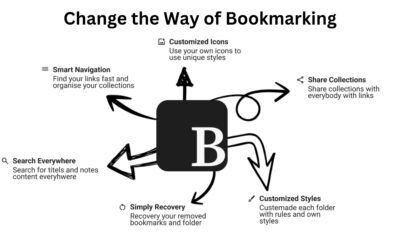A leak detector is, most of the time, a portable device, programmed to monitor specific conditions. A portable system also offers maximum mobility, which is useful because they are often required to operate within complex infrastructures.
Leak detection process
The helium leak test uses complex equipment as its core that analyzes air samples to provide a quantitative measurement of the helium present in it. The process requires ensuring that a piece of equipment works properly and also the experience of an operator. To know more about various leak detectors visit https://flexpakinc.com.

Image source:-Google
The main test modes are as follows:
Spray Probe – The spray probe method provides maximum sensitivity and the system under test requires hooking up the helium leak detector directly. The interior of the system is then evacuated to an acceptable degree before helium is sprayed on the exterior of the system. Any leak in the system allows helium to enter and be immediately detected by the leak detector. This enables the source of the leaks to be found accurately.
Sniffer Probe – Although this detection procedure provides moderate sensitivity, it is more flexible than the spray probe process. Helium leak detectors require helium to be purged through the interior of the system under test. Helium, seven times lighter than atmospheric air, begins to escape without delay for any leaks that may be present.
Scanning the exterior of the system with a probe will locate the leaks. A process that is far superior to any other traditional method for leak testing (bubble or acoustic emission test or vacuum box test), it is only comparable to some of the specialized techniques such as hooding and bombardment.
